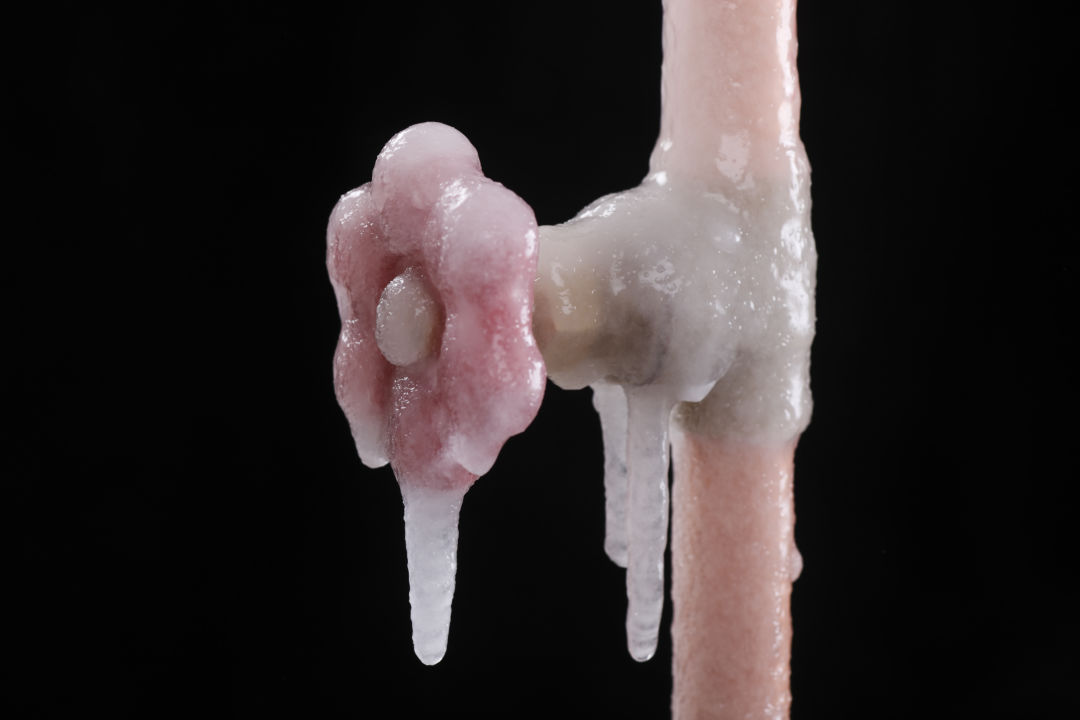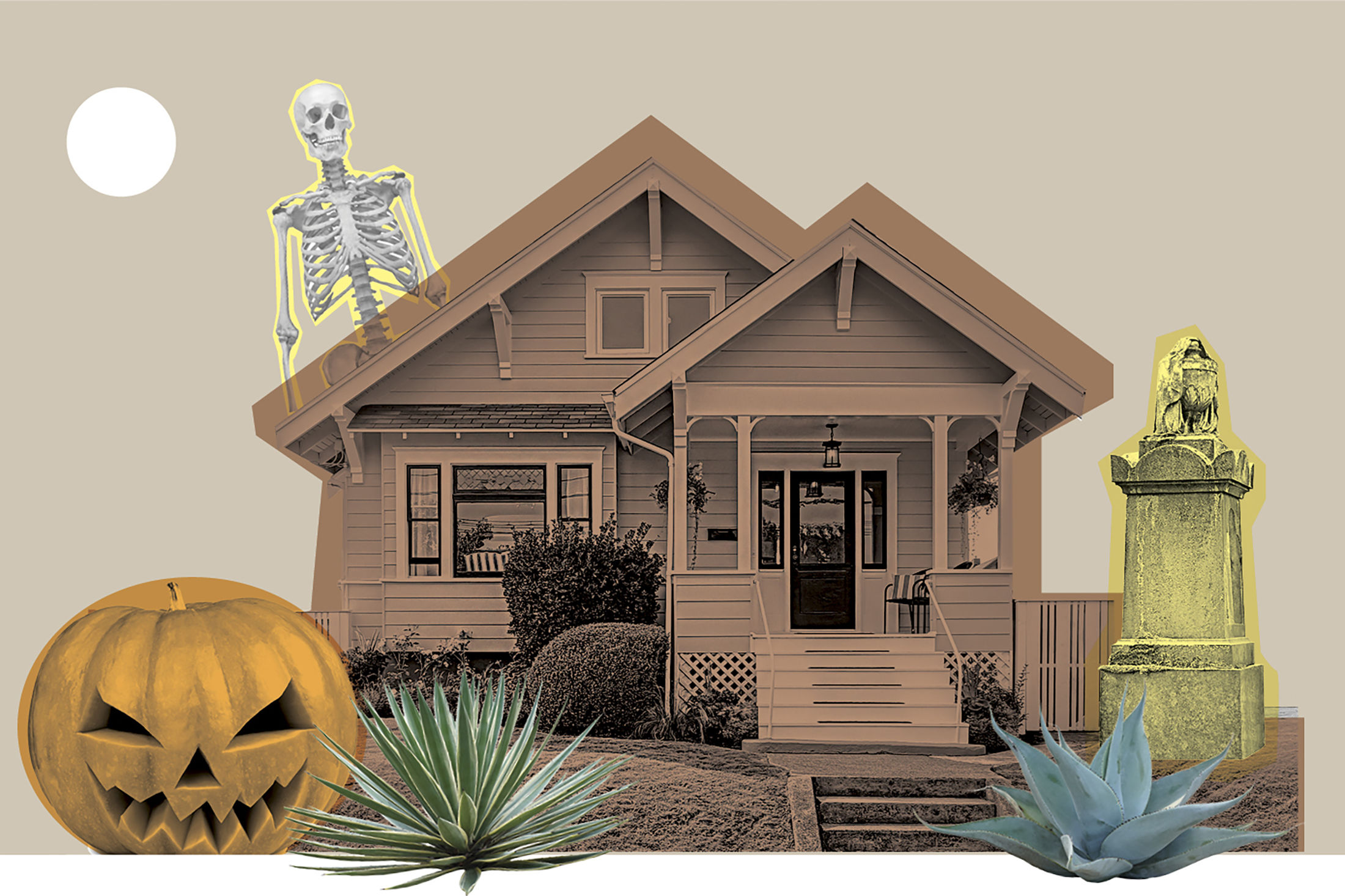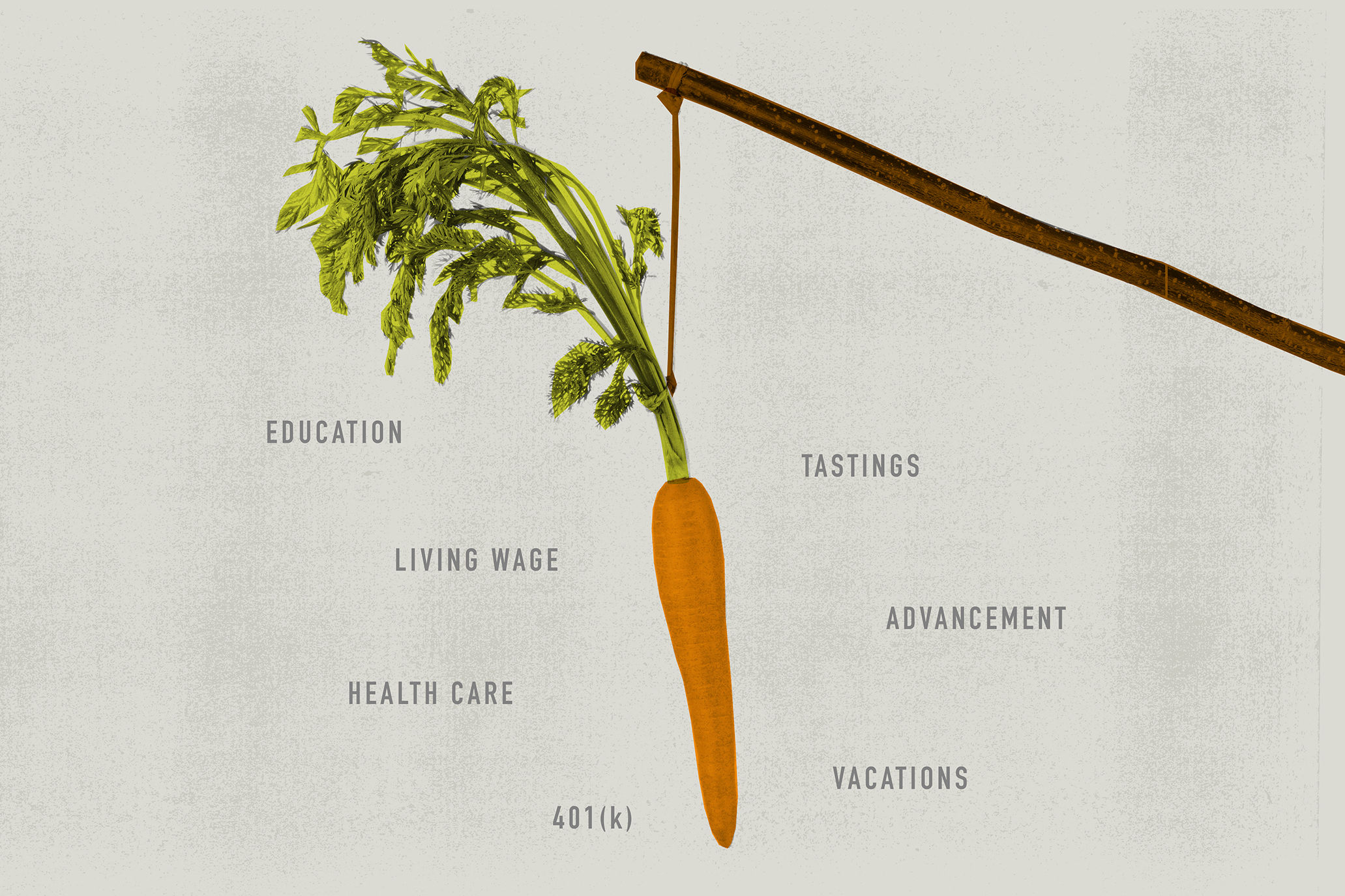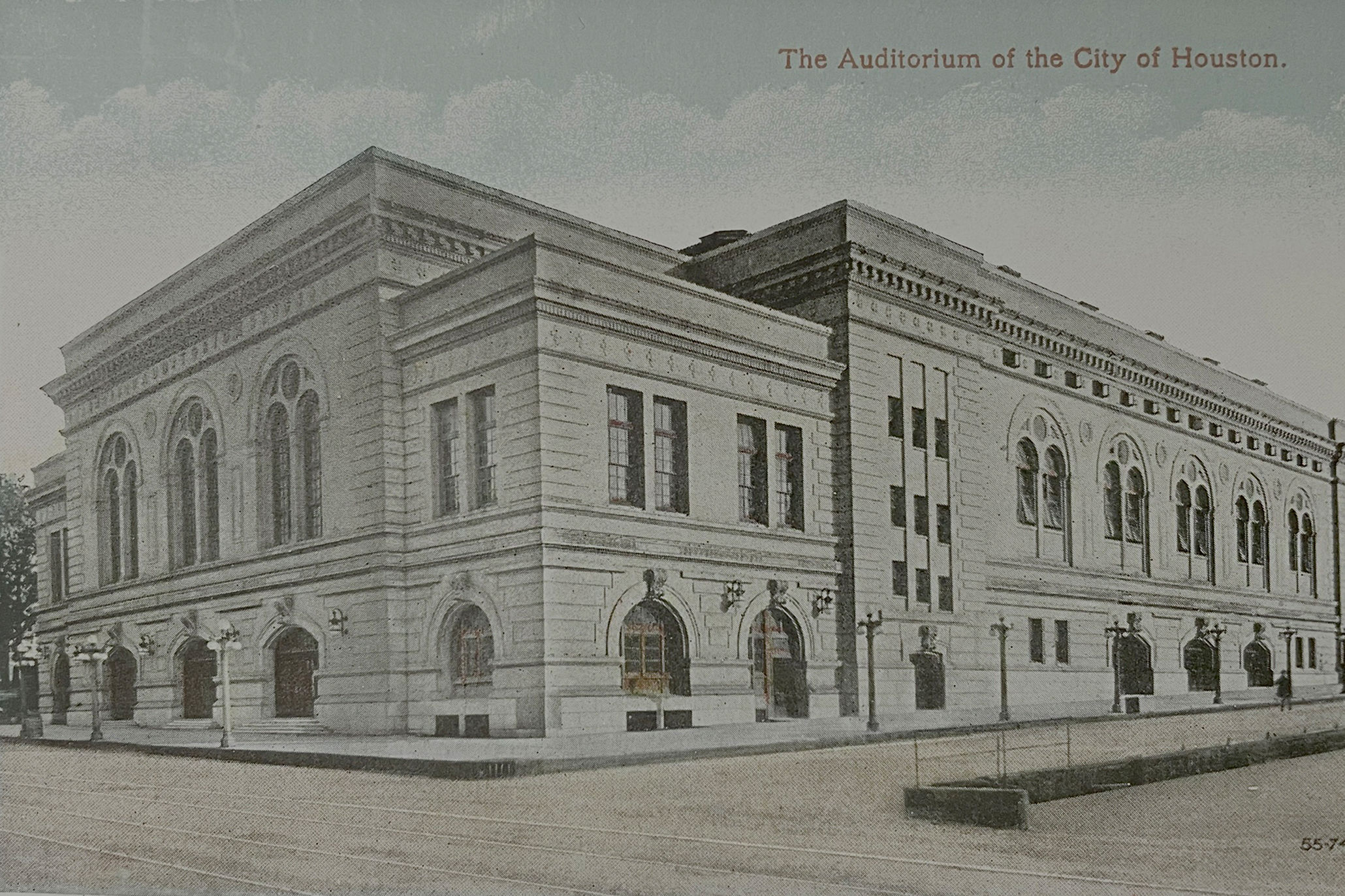An Expert on How to Deal with Frozen or Busted Pipes

Image: Shutterstock/Paul Tessier
As you must know by now, the Houston area is currently experiencing a number of burst pipes and low water pressure caused by freezing temperatures and winter weather. It is a frustrating situation that many people in Houston are currently having to go through, and the key is to remain patient. There are preventative steps people are able to take and a number of steps to take if your pipes have frozen or burst.
“A pipe burst happens when it gets cold enough for your water to freeze right inside of the pipe,” says Joe Bany, director of field operations at John Moore Services.
Bany explains that this puts pressure on the pipe, which can lead to the pipe splitting of galvanized pipe and copper pipe. The expansion can also lead to the pipe shattering into pieces.
How quickly can exposed pipes freeze in this winter weather?
On a 20-degree day, it can take between three to four hours to freeze the water in your water supply line, which can lead to pipe bursts according to Nick’s Plumbing and Air Conditioning. Due to temperatures as low as 10 degrees, many exposed and unprotected water lines could potentially snap.
How are you able to avoid frozen pipes?
One of the best ways to protect your plumbing is protecting your pipes from the wind. Wind chill can be colder than what the temperature outside may read, and at a certain degree, all unprotected piping can be destroyed.
John Moore Services suggests wrapping the pipes and hose bibs that are exposed as they are vulnerable to freezing. The best item to use that will cover and insulate your exposed pipes is polyethylene foam insulation, which can protect your pipes from rain, wind, water, and cold air. This insulation can be purchased at local hardware stores. You should also unhook your garden hoses from any of your outdoor faucets.
“Before pre-cold temperature, keep the water in motion, drip some faucets consistently and every hour or two, go around and turn things on to make sure you have good volume,” Bany says.
John Moore Services says to protect your home during winter weather. By allowing your faucets to drip, the water stays moving inside the water line. You can also keep your doors open where water heaters are located. By keeping these doors open, you are allowing heated air inside to keep the water heater warm. You should also open any cabinet doors to allow heat to circulate.
What should you do if you pipes have already froze?
In some cases, no matter what preventative strategies you take, it is sometimes inevitable that your pipes freeze.
John Moore Services says to pay attention. You can walk around your house and turn on faucets to determine if your pipes are frozen. It is also important to wait it out when your pipes have frozen. One of the best ways to unfreeze your pipes is to give the thawing process time. You can use a hair dryer to blow concentrated heat on specific sections of your pipes. You can also apply heating blankets or heating pads directly to the pipe to help with the thawing processes.
Do not try to use a torch to warm up any frozen pipes. This can lead to stress problems and lead to cracking or the pipe.
“Your first plan of action should be to shut the water off to the house, open up some faucets, let it maybe thaw out that way,” says Bany. “Encourage the expansion of ice to go down the line instead of put pressure on fitting some pipe, making them explode.”
Once your pipes have thawed, make sure to call a plumber who can inspect your entire plumbing systems and determine if there are leaks present.
If your pipes have frozen, that does not automatically mean your pipes will burst.
What should you do if your pipes have already burst?
If you are aware of a pipe having already burst, make sure to turn off your water supply. Next, you need to contact a plumbing service to help with the issue. Due to current demand, it can take a couple of weeks to get the burst pipes fixed. Make sure to call so that you are able to get on a list.
“The biggest piece is that the damages are there, it can be fixed. That's the simple part, but getting people over to help you is the difficult part,” Bany says. “Be patient with the companies to make sure that we can do everything together to get you back up and running as fast as possible.”
Bany suggests that if you have major damage at your house, you might need to make an arrangement for a place to stay until someone can come to your house to make repairs.
“The demand is huge,” says Bany. “I've got my guys loaded up for the next couple of weeks just running out to look at stuff.”
If you live in an apartment complex, you cannot shut off the water supply manually, therefore contact your landlord of building manager.
Make sure to call your insurance company as well. Issues like this are often covered under your home insurance policy, according to Jenkins Restorations. You will be able to work with your insurance agent to make sure you get your pipe fixes and your home repaired.
Also, contact a water damage restoration company if there is severe water damage present, Bany advises. You want to remove any water right way in order to prevent mildew and mold vacuum. You do not need to wait for a plumber to do that for you, because the longer you wait, the more likely you will see that mildew and severe water damage build-up.




